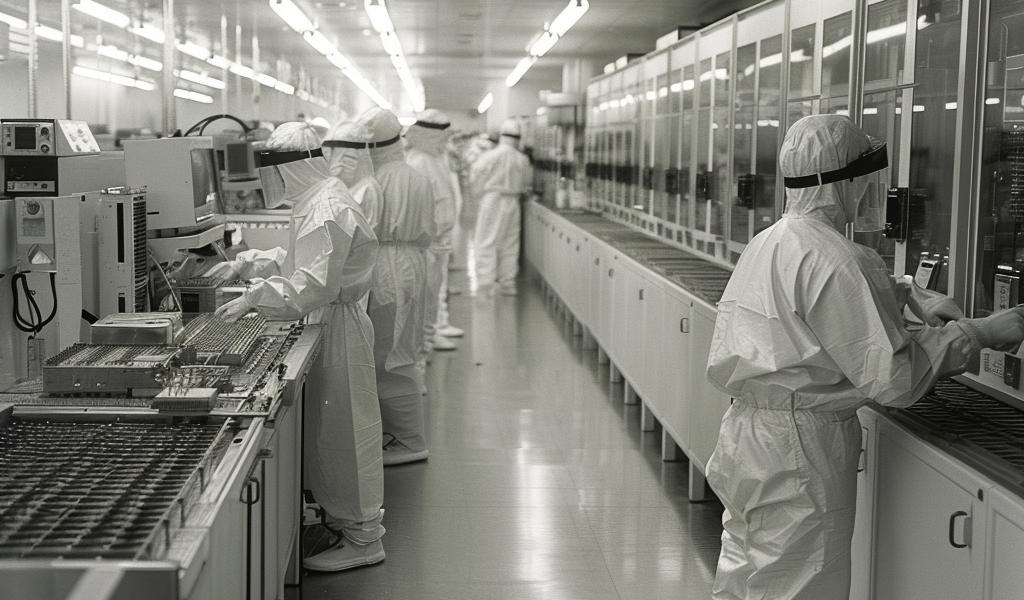Chinese foundries are facing challenges due to overexpansion, posing difficulties for underperforming companies in the semiconductor industry. This issue has come to the forefront as Samsung Electronics reportedly plans to rename its second-generation 3nm process to the ‘2nm’ process, with mass production expected to commence in the second half of 2024.
Reports from industry sources have indicated that Samsung has begun notifying its customers and partners about the name change, signifying a strategic move for the company. The decision to rebrand the manufacturing process aims to enhance Samsung’s marketing efforts for its foundry services. This adjustment follows a similar renaming strategy employed by Samsung in the past when transitioning from the 7nm to the 5nm process.
Industry insiders have confirmed receiving notifications from Samsung regarding the name change, resulting in the need to re-sign contracts. The move to consolidate the 2nd-gen 3nm and 2nm processes suggests that Samsung may accelerate the mass production of 2nm chips as early as the second half of 2024.
Notably, Samsung was the first to globally mass-produce 3nm chips using the Gate-all-around (GAA) process in June 2022. The company’s plan to initiate mass production of the 2nd-gen 3nm process in 2024 and the 2nm process in 2025 aligns with its commitment to advancing semiconductor technology.
In response to Samsung’s developments, Intel has unveiled its advanced process technology roadmap, aiming to enter the sub-2nm process market ahead of competitors. Intel’s strategy involves commencing mass production of the 20A (2nm) process and 18A (1.8nm) process by the end of 2024, demonstrating the intense competition within the semiconductor industry.
Furthermore, Samsung’s efforts to secure a 2nm AI accelerator order from Japanese AI startup Preferred Networks (PFN) underscore the significance of technological advancements in driving industry developments. With both Samsung and Intel vying for leadership in advanced process technologies, the semiconductor landscape is poised for further innovation and competitive dynamics.





